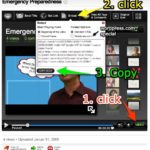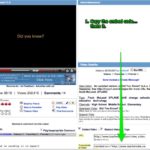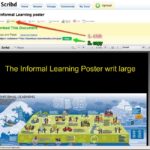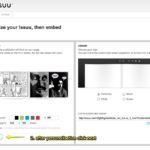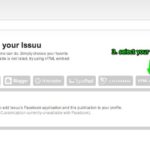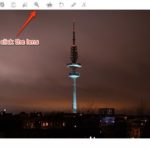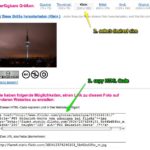Ich weiß gar nicht mehr genau wie ich darauf gekommen bin, kürzlich schwirrte mir ständig das Wort Essay durch den Kopf und ich musste unbedingt mal nachschauen was sich hinter dem Begriff genau verbirgt.
 Über die Form des Essays steht in der Wikipedia:
Über die Form des Essays steht in der Wikipedia:
Die essayistische Methode ist eine experimentelle Art, sich dem Gegenstand der Überlegungen zu nähern und ihn aus verschiedenen Perspektiven zu betrachten. Das Wichtigste ist jedoch nicht der Gegenstand der Überlegungen, sondern das Entwickeln der Gedanken vor den Augen des Lesers. ((Seite „Essay“. In: Wikipedia, Die freie Enzyklopädie. Bearbeitungsstand: 27. September 2009, 14:59 UTC. URL: http://de.wikipedia.org/w/index.php?title=Essay&oldid=64970979 (Abgerufen: 13. Oktober 2009, 18:39 UTC) )), ((Photo: Final Final von styler* auf Flickr))
Die Beschreibung in der Wikipedia gefällt mir ganz gut. Etwas schöner ist es noch im Buch “Schreiben im Studium: mit Erfolg” ((Bünting, K.-D., Bitterlich, A., and Pospiech, U. (2006). Schreiben im Studium: mit Erfolg. Inkl. CDROM. Cornelsen Vlg Scriptor.)) auf S. 36 beschrieben, wie ich finde.
Der Essay (frz. essai, dt. “Versuch”) ist ein knapper, anspruchsvoller, bewusst subjektiver Text über ein bestimmtes Thema aus dem wissenschaftichen, politischen, philosophischen oder einem ähnlichen Bereich. Der Essay eignet sich für Themen, die Denkanstöße geben und somit Raum für eigene Überlegungen bieten. Ausgangspunkt kann ein Problem, eine These oder eine kontrovers diskutierte Fragestellung sein. Abhängig von der Aussageabsicht werden berichtende, kritisierende, ironisierende und meditative Essays unterschieden. ((Bünting, K.-D., Bitterlich, A., and Pospiech, U. (2006). Schreiben im Studium: mit Erfolg. Inkl. CDROM. Cornelsen Vlg Scriptor.))
Nachdem ich diese beiden Abschnitte gelesen hatte kamen mir zwei Gedanken in den Kopf.
- Ein Essay kann ein guter Einstieg in ein universitäres Seminar sein. Die Studierenden haben Gelegenheit sich aus ihrer eigenen Perspektive mit dem anstehenden Thema auseinander zu setzen und können sich so auf das Thema einstimmen. Sie sind so vorbereitet auf Diskussionen im Seminar.
- Viele Blogs sind zu erheblichen Teilen eine Ansammlung von Essays. Das finde ich ganz gut so. Wennman ein Blog als Sammlung eigener Essays versteht bekommt es meines Erachtens auch ein etwas anderes Image, als wenn man mit der alt hergebrachten Metapher vom Blog als “öffentliches Tagebuch” ausgeht.
Den 1. Punkt mit dem Essay als Einstieg in das Seminar werde ich im kommenden Semester mal ausprobieren. 3000-6000 Seiten Zeichen würde ich für die Essays ansetzen. “Abzugeben” wären diese vorzugsweise online, entweder öffentlich oder wenigstens für alle Seminarteilnehmer öffentlich. Hat jemand Erfahrungen mit Essays als Einstieg in ein Seminar? Wenn ja, welche?
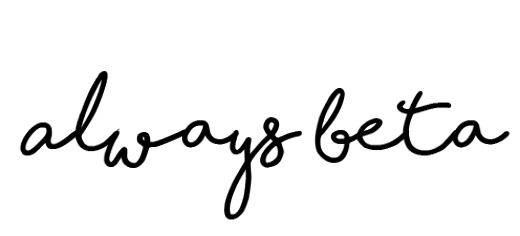
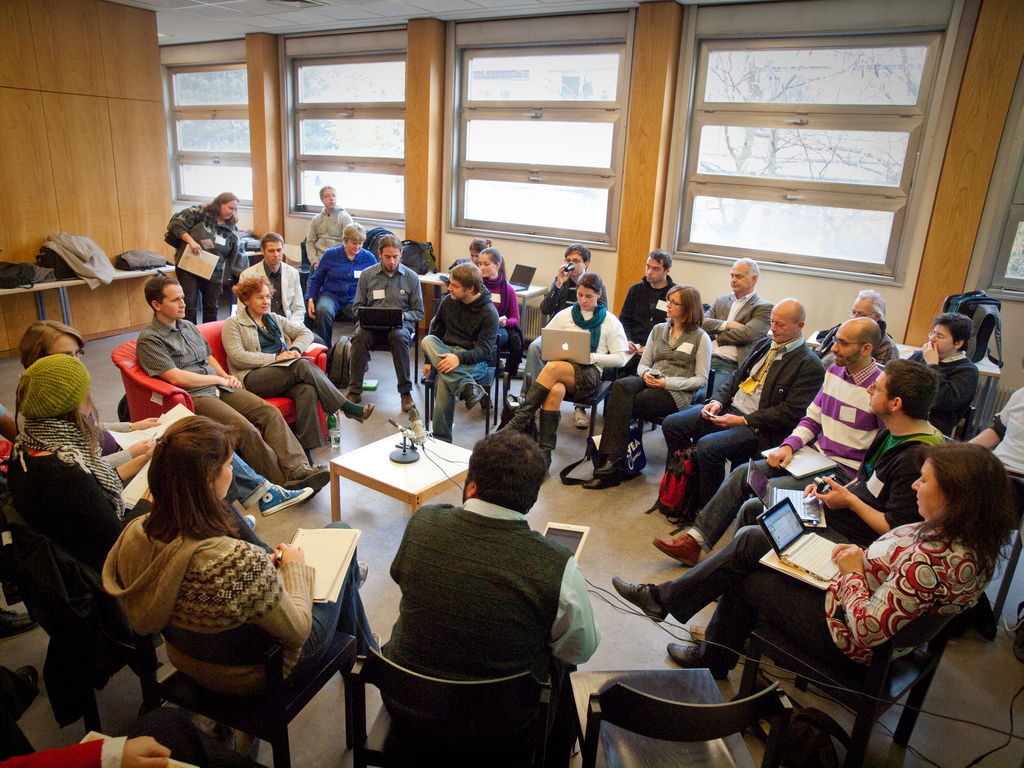

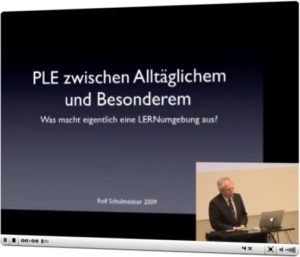


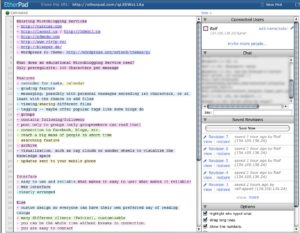
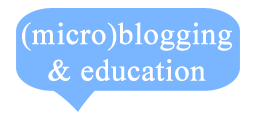 Next semester I am going to host a
Next semester I am going to host a 
